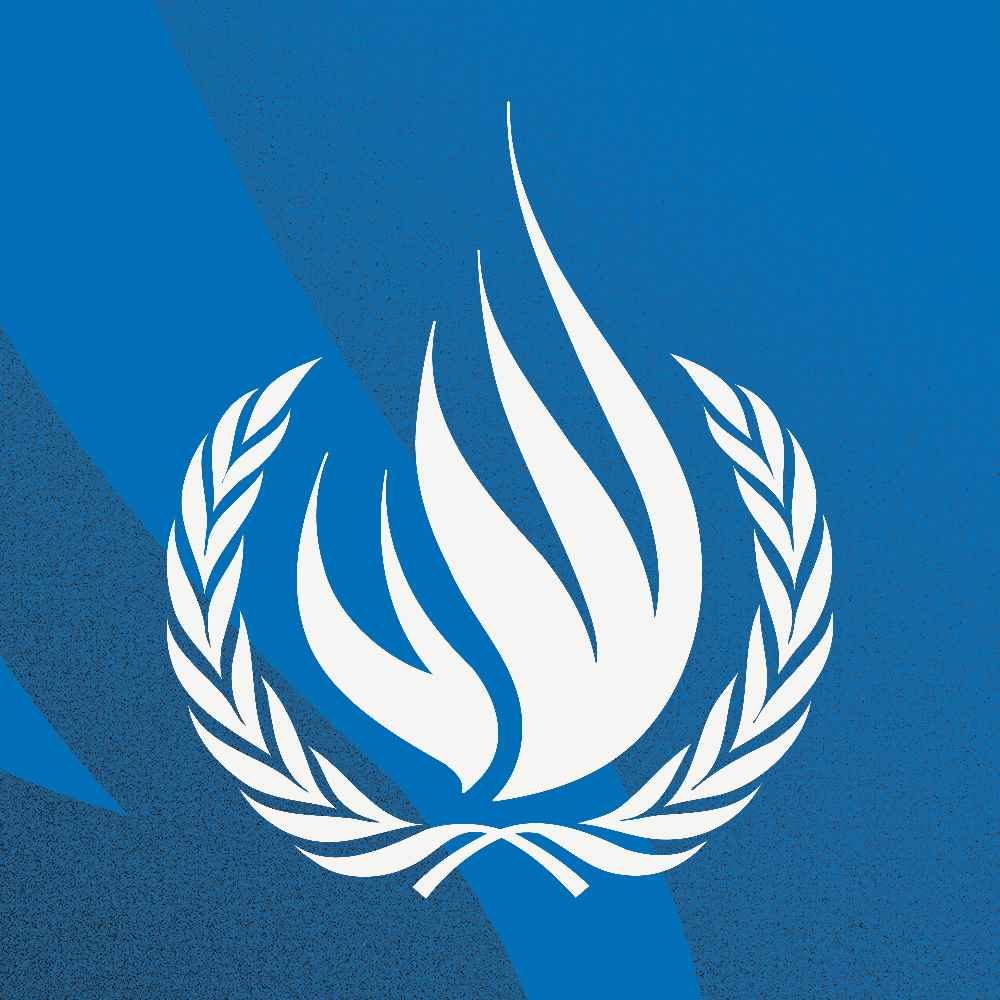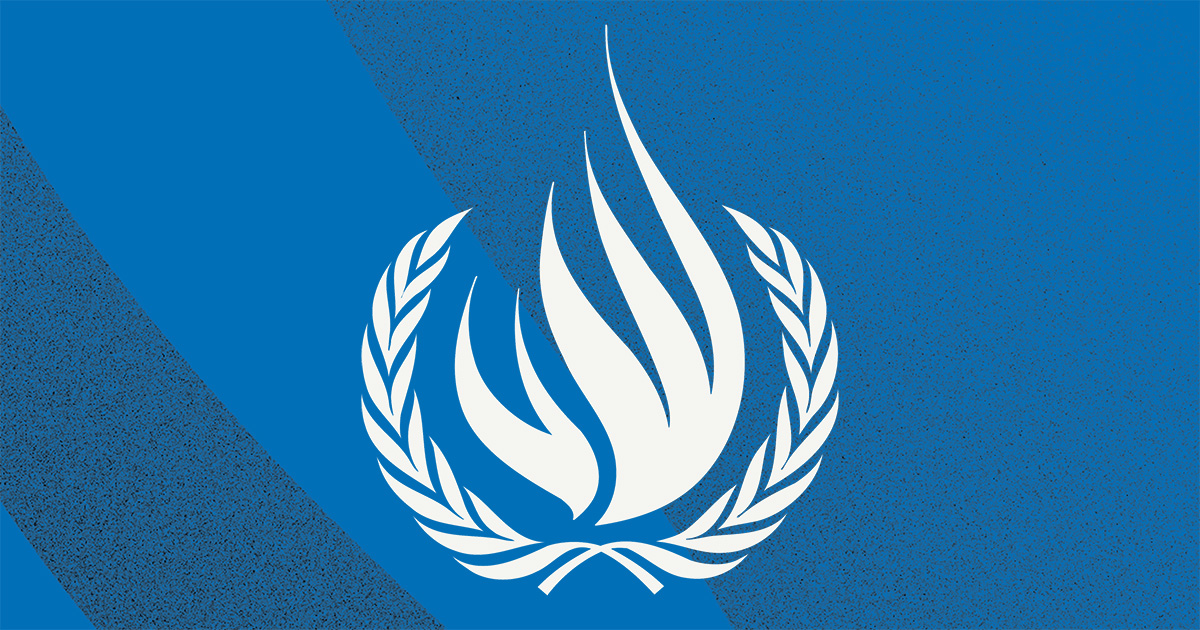
GENEVA (2 September 2021) – The UN Subcommittee on Prevention of Torture (SPT) calls on the authorities of Afghanistan to uphold the international obligations of the State, especially to the provisions of the Convention against Torture and of its Optional Protocol (OPCAT). The SPT’s statement is as follows:
“As Afghanistan has entered into a very challenging new chapter of power transition, the UN Subcommittee on Prevention of Torture recalls that torture is absolutely prohibited at all times and under all circumstances.
Torture or other cruel, inhuman and degrading treatment cannot be justified in any situation, be it state of war, internal political instability or public emergency. The Afghan authorities must protect everyone in the country against torture and ill-treatment, regardless of their ethnic background, religious belief, or political affiliation.
The SPT is particularly concerned about the situation of people deprived of liberty and the conditions of all places of deprivation of liberty, including prisons, police stations and other detention facilities as well as psychiatric and social welfare institutions.
We stress the significance of the work of the Afghanistan Independent Human Rights Commission and its National Preventive Mechanism (NPM), a national and independent body set up to visit places of deprivation of liberty with the objective of torture prevention, and its important role in the area of protection and promotion of human rights.
We call upon the Afghan authorities to ensure the safety and security of all members and staff of the Afghanistan Independent Human Rights Commission and its NPM. They are entitled to protection from any reprisals and to be able to continue their preventive work, with the support of the authorities in implementing the objectives of the Convention against Torture and its Protocol. The Convention against Torture and its Optional Protocol were ratified by Afghanistan in 1987 and 2018 respectively.
The SPT remains available to cooperate with the authorities to implement the provisions of the Optional Protocol and to assist the Afghanistan Independent Human Rights Commission and its NPM in strengthening the institution as well as its preventive activities. These include its ability to visit places of deprivation of liberty, monitor conditions of detention, and provide recommendations to the relevant authorities on prevention of torture and ill-treatment.”
ENDS








